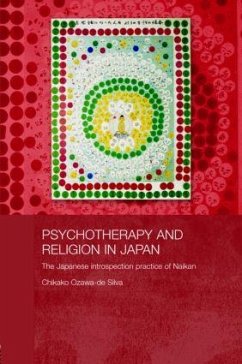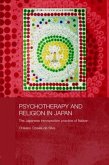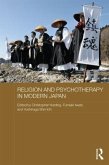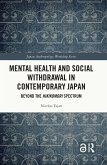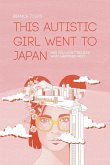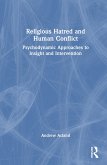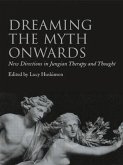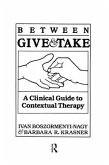Based on anthropological fieldwork, this book provides an ethnography of Naikan, a Japanese psychotherapeutic method. It discusses key issues such as the role of memory, autobiography and narrative in health care, and more. It is suitable for students of social and cultural anthropology, medical sociology, religious studies, and Japanese studies.
Naikan is a Japanese psychotherapeutic method which combines meditation-like body engagement with the recovery of memory and the reconstruction of one's autobiography in order to bring about healing and a changed notion of the self. Based on original anthropological fieldwork, this fascinating book provides a detailed ethnography of Naikan in practice. In addition, it discusses key issues such as the role of memory, autobiography and narrative in health care, and the interesting borderland between religion and therapy, where Naikan occupies an ambiguous position. Multidisciplinary in its approach, it will attract a wide readership, including students of social and cultural anthropology, medical sociology, religious studies, Japanese studies and psychotherapy.
Hinweis: Dieser Artikel kann nur an eine deutsche Lieferadresse ausgeliefert werden.
Naikan is a Japanese psychotherapeutic method which combines meditation-like body engagement with the recovery of memory and the reconstruction of one's autobiography in order to bring about healing and a changed notion of the self. Based on original anthropological fieldwork, this fascinating book provides a detailed ethnography of Naikan in practice. In addition, it discusses key issues such as the role of memory, autobiography and narrative in health care, and the interesting borderland between religion and therapy, where Naikan occupies an ambiguous position. Multidisciplinary in its approach, it will attract a wide readership, including students of social and cultural anthropology, medical sociology, religious studies, Japanese studies and psychotherapy.
Hinweis: Dieser Artikel kann nur an eine deutsche Lieferadresse ausgeliefert werden.

